8 GPTs for Research Integrity Powered by AI for Free of 2025
AI GPTs for Research Integrity are advanced artificial intelligence models designed to support and enhance the integrity of research processes. Leveraging Generative Pre-trained Transformers, these tools offer tailored solutions for verifying the authenticity of data, ensuring the accuracy of findings, and maintaining ethical standards in research. They are pivotal in automating the detection of discrepancies, plagiarism, and data fabrication, thereby upholding the values of honesty and transparency in scientific and scholarly endeavors.
Top 8 GPTs for Research Integrity are: AIGC降重,File Baby,RoBDA - RCT,ChaChong,Plagiarism Checker,RoBDA - non-RCT,Plagiarism Checker,Guía de integridad académica
AIGC降重
Empowering Writing with AI
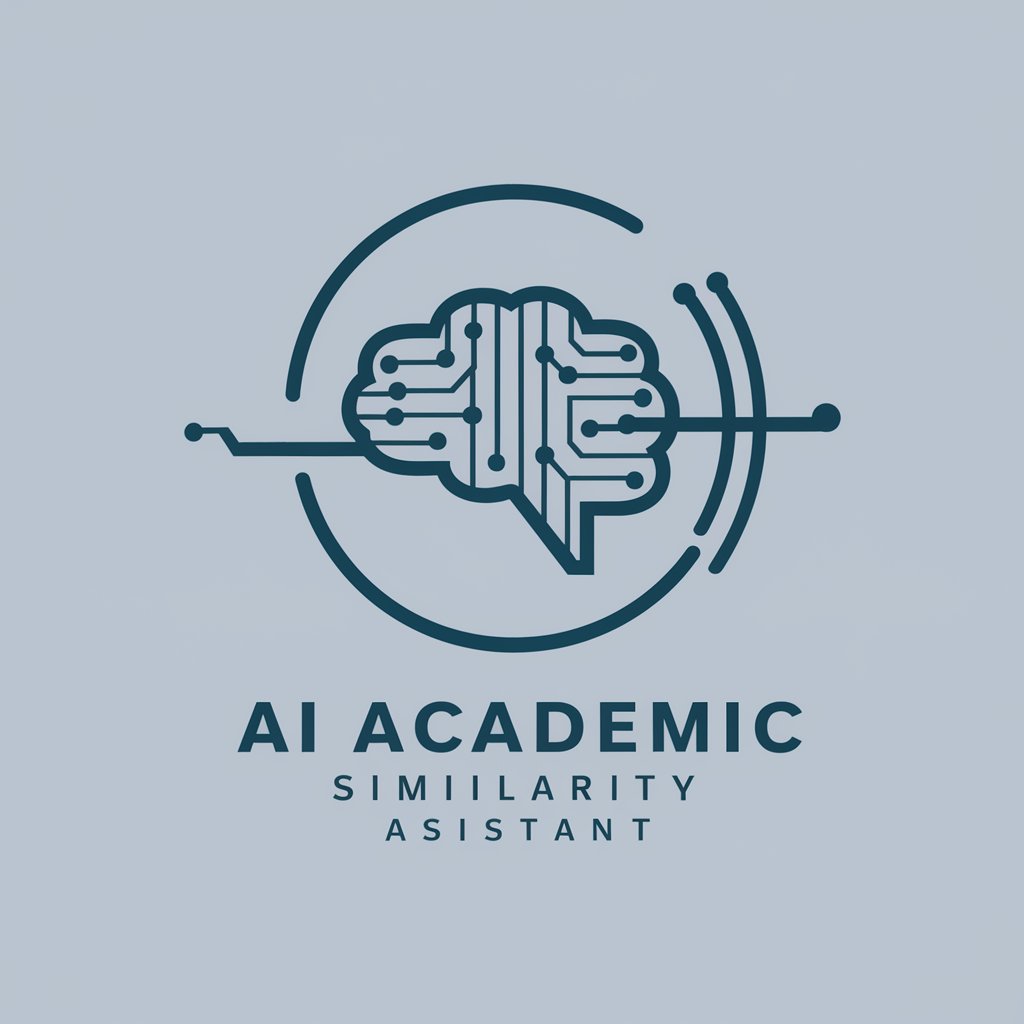
File Baby
Securely Verify Digital Provenance
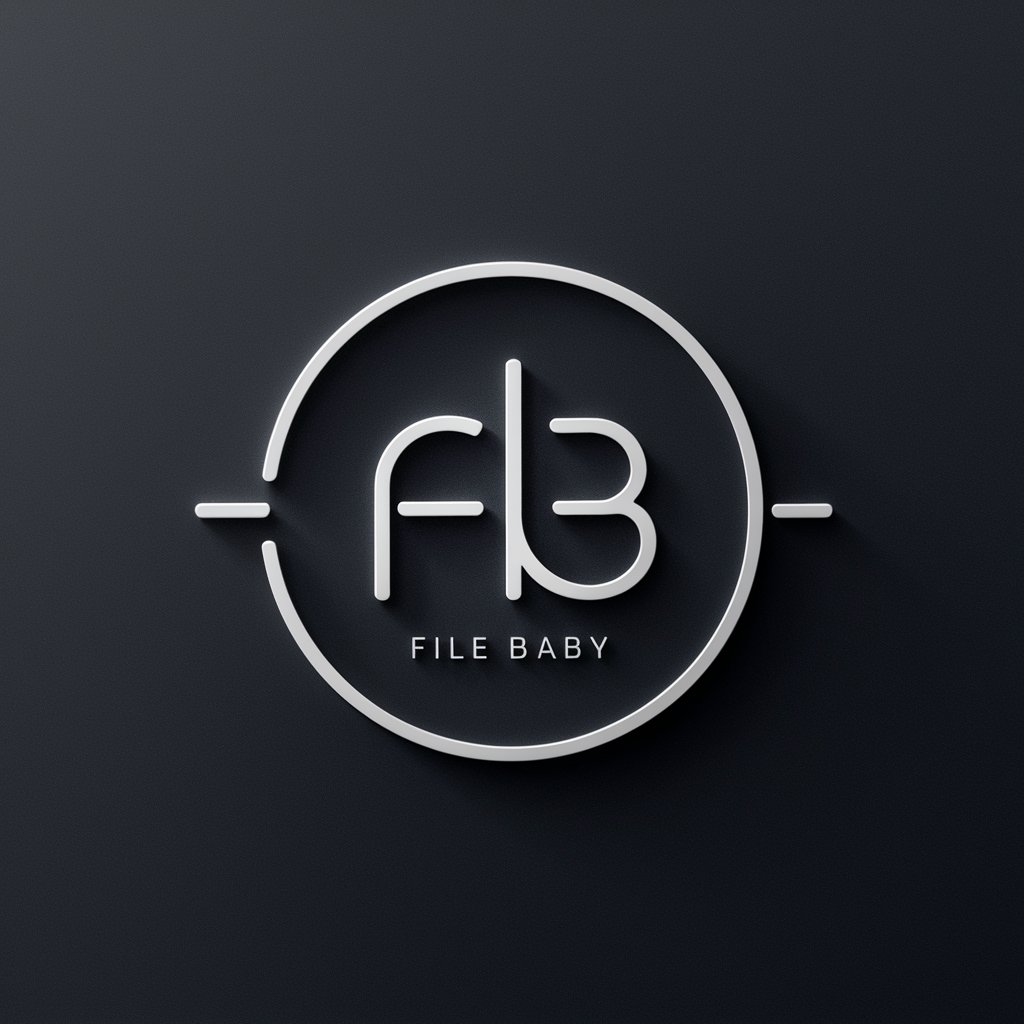
RoBDA - RCT
AI-driven RCT Bias Analysis
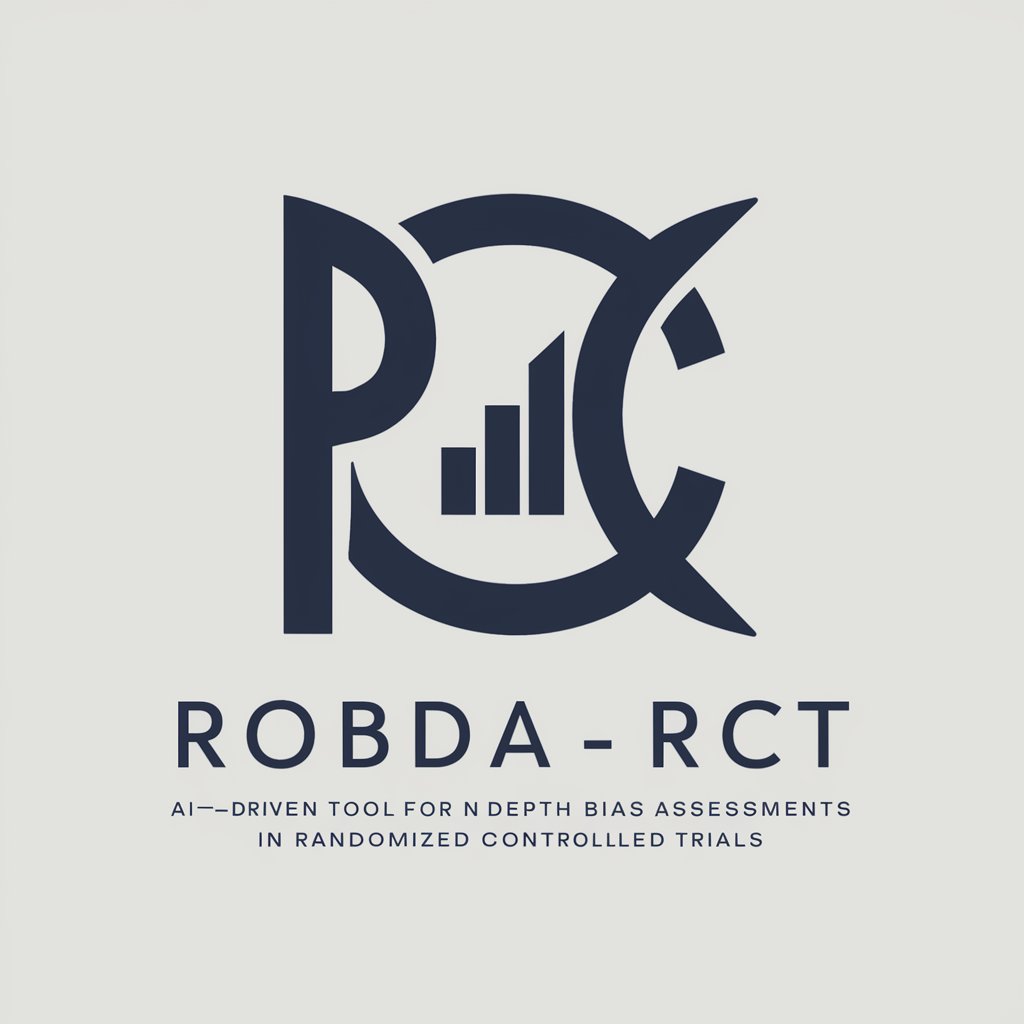
ChaChong
Empower Your Writing with AI

Plagiarism Checker
Unveil Originality with AI Insight

RoBDA - non-RCT
AI-powered Bias Detection in Research
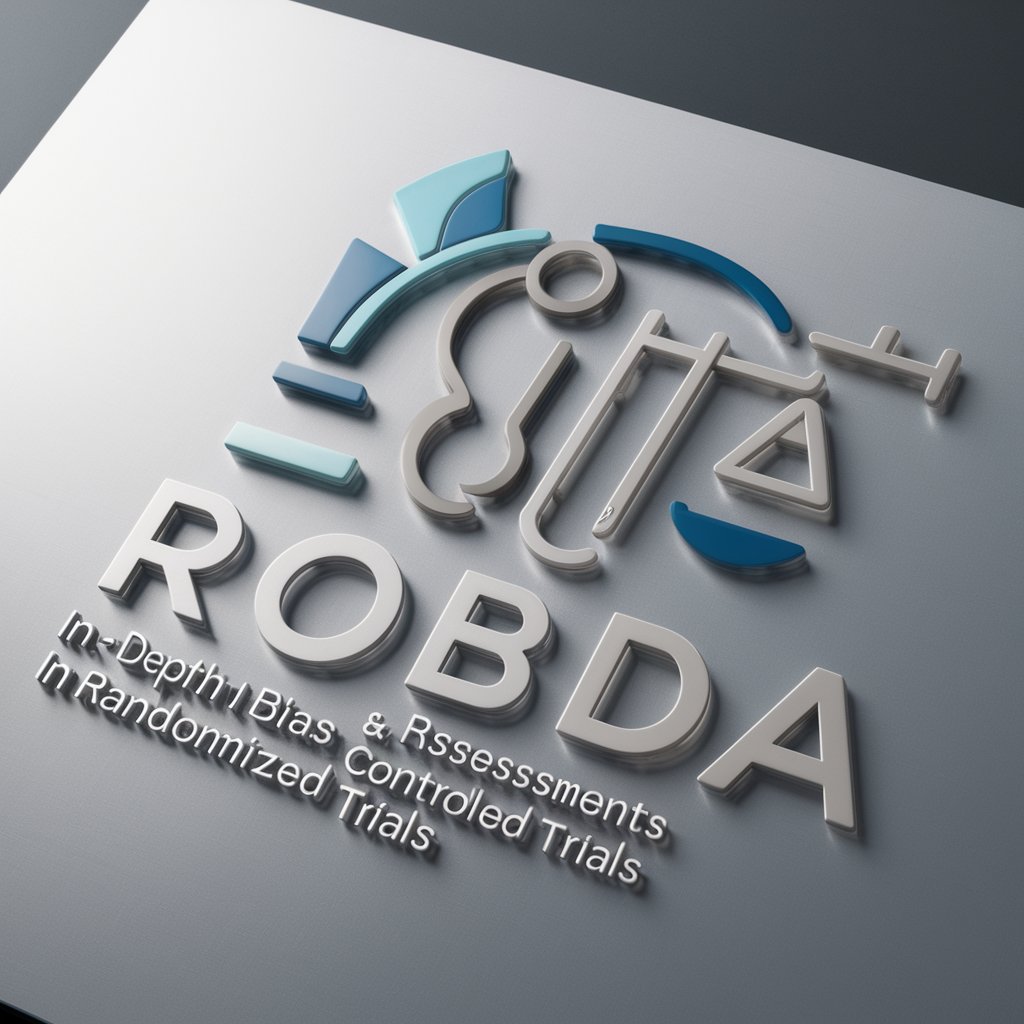
Plagiarism Checker
Ensure Originality with AI
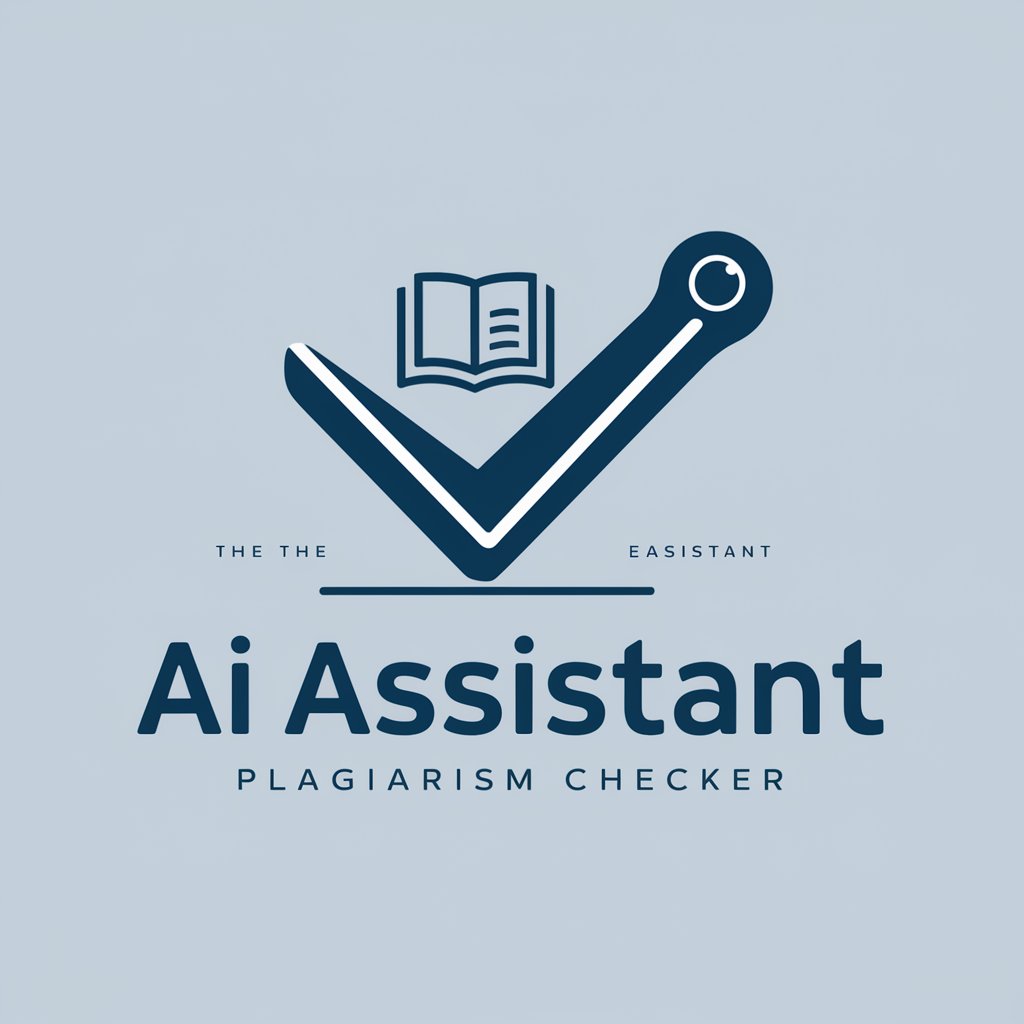
Guía de integridad académica
Empowering academic integrity with AI.
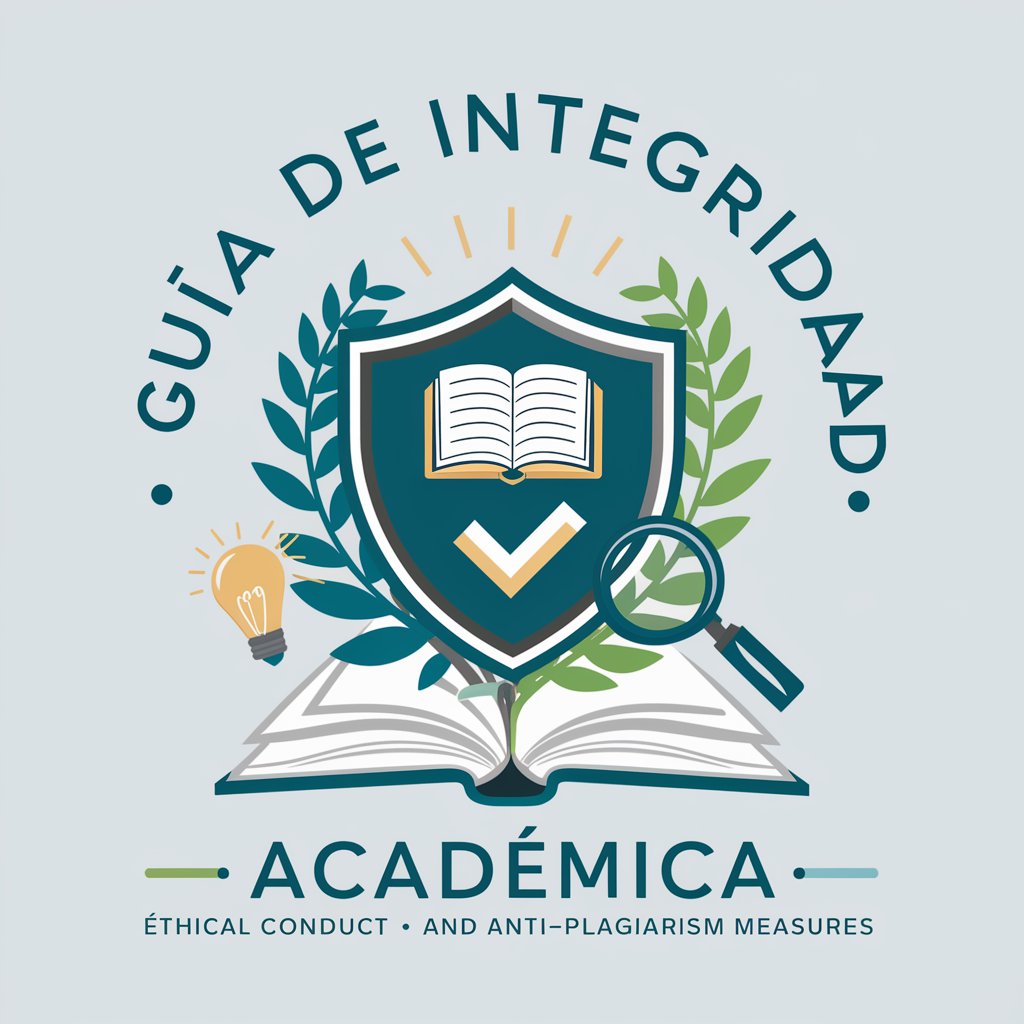
Distinctive Characteristics and Functionalities
AI GPTs for Research Integrity boast a range of unique features tailored to the research field. These include advanced natural language processing for understanding and generating human-like text, which aids in the detection of plagiarism and the assessment of research materials' originality. They are adaptable, capable of handling tasks ranging from simple data verification to complex analysis of research methodologies. Special features also encompass technical support for integrating with research databases, web searching for literature review, image creation for data visualization, and state-of-the-art data analysis techniques.
Who Benefits from AI GPTs in Research Integrity
These AI tools cater to a wide audience within the research community, including students, academics, journal editors, and research integrity officers. They are designed to be accessible to novices without coding skills, offering user-friendly interfaces and guided functionalities. Simultaneously, they provide advanced customization options for developers and professionals with programming expertise, allowing for tailored applications in various research integrity scenarios.
Try Our other AI GPTs tools for Free
Copyright Claim
Discover how AI GPTs for Copyright Claim revolutionize copyright management with advanced AI, offering tailored, accessible solutions for professionals and novices alike.
Content Provenance
Discover AI GPTs for Content Provenance: Revolutionary tools ensuring the integrity and authenticity of digital content through advanced technology. Tailored for diverse users, these solutions combat misinformation and copyright infringement effectively.
STEM Exploration
Discover how AI GPTs for STEM Exploration revolutionize learning and innovation in science, technology, engineering, and mathematics with tailored artificial intelligence solutions.
Art Marketing
Discover how AI GPTs for Art Marketing revolutionize promotional strategies with tailored content creation, data insights, and image generation, empowering art professionals to engage audiences like never before.
Sleep Assistance
Explore the world of AI GPTs for Sleep Assistance - advanced AI tools designed for personalized sleep health solutions. Dive into their capabilities, from sleep pattern analysis to relaxation techniques, tailored for everyone from novices to professionals.
Gratitude Sharing
Discover how AI GPTs for Gratitude Sharing can transform your personal and professional relationships by making it easy to express appreciation and foster a positive environment.
Enhancing Research Integrity Across Disciplines
AI GPTs offer customized solutions that adapt to the unique needs of different research sectors, ensuring integrity and ethical compliance. Their user-friendly interfaces facilitate easy adoption, while their integration capabilities allow for seamless incorporation into existing systems or workflows, significantly streamlining the process of maintaining research integrity.
Frequently Asked Questions
What are AI GPTs for Research Integrity?
AI GPTs for Research Integrity are specialized AI models designed to support ethical research practices by automating the detection of inconsistencies, plagiarism, and unethical data manipulation.
How do these AI tools assist in maintaining research integrity?
They assist by providing capabilities such as plagiarism detection, data verification, authenticity checks, and ethical guideline enforcement, ensuring research is conducted transparently and truthfully.
Can non-technical users utilize these AI GPTs effectively?
Yes, these tools are designed with user-friendly interfaces that require no coding knowledge, making them accessible to non-technical users in the research community.
Are there customization options for those with programming skills?
Absolutely. For users with programming expertise, these AI GPTs offer APIs and development kits for creating customized solutions tailored to specific research integrity needs.
What distinguishes AI GPTs in Research Integrity from other AI tools?
Their specialization in research integrity tasks, such as detecting plagiarism and verifying data authenticity, sets them apart, along with their adaptability to both simple and complex research scenarios.
How do these tools integrate with existing research workflows?
AI GPTs for Research Integrity are designed to seamlessly integrate with existing research databases and workflows, enhancing efficiency without disrupting established processes.
Can AI GPTs detect all forms of academic dishonesty?
While highly effective, no tool can guarantee 100% detection of all dishonesty forms. However, AI GPTs significantly reduce the risk by identifying potential issues for further human review.
Are these tools suitable for use in all research fields?
Yes, their adaptable nature means they can be tailored to suit the specific integrity requirements and challenges of various research fields, from humanities to the sciences.